The family of embattled civil rights icon Marcus Garvey is encouraging the Biden administration in its final days to pardon the man Martin Luther King, Jr. posthumously described as "the first on a mass scale and level to...make the Negro feel he was somebody."
The Jamaican-born Garvey led one of the earliest Black civil rights movements in the Americas. Aside from founding the Universal Negro Improvement Association to combat racial inequality, and starting the Negro World newspaper, he established one of the original Black-owned shipping companies, Black Star Line, in 1919 to boost African American entrepreneurial power nationwide.
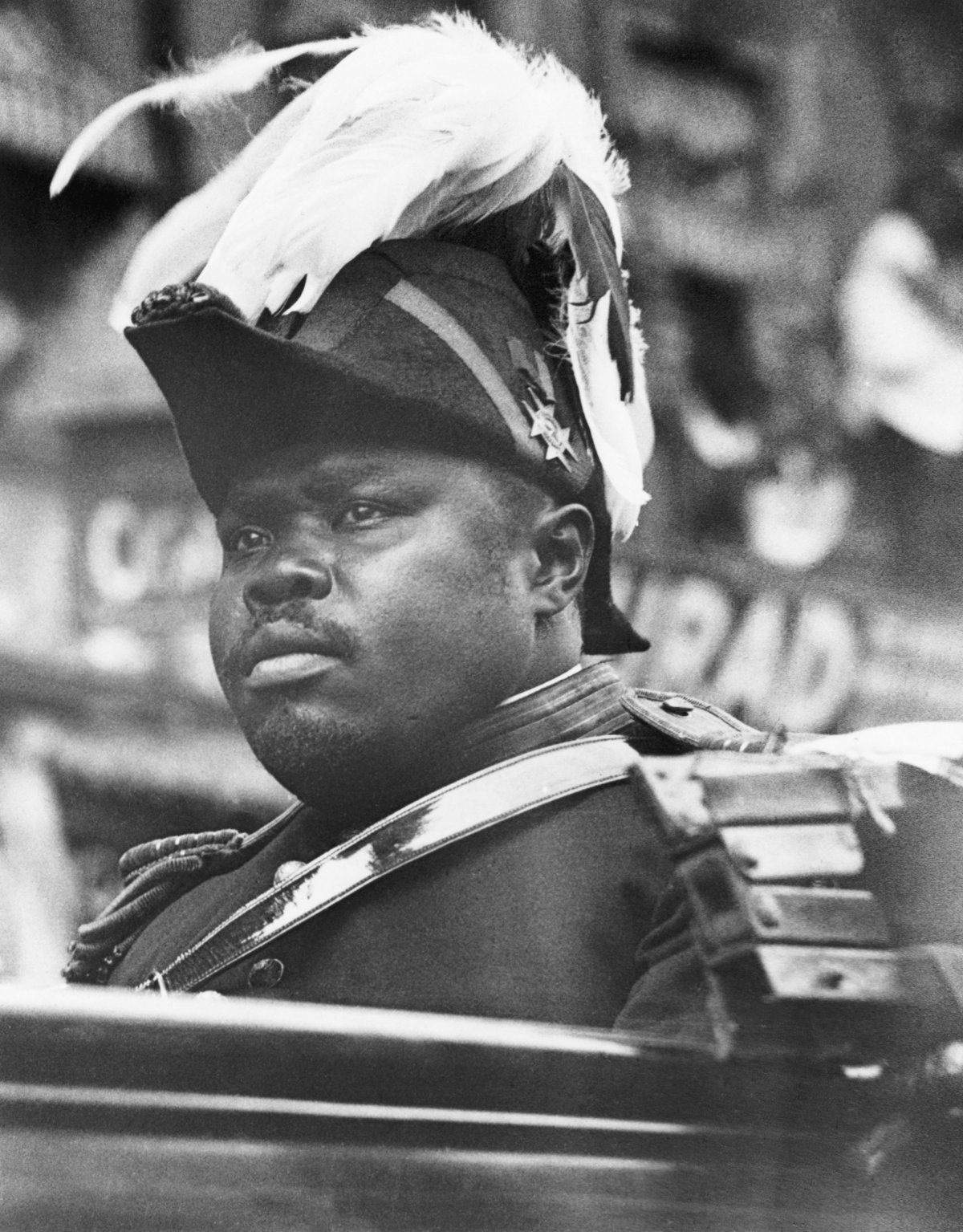
Three years later, he was arrested and convicted of mail fraud associated with Black Star Line's advertising of a stock sale for a ship not yet owned. Upon conviction in 1923, Garvey's sentence was commuted by President Calvin Coolidge. Garvey was ultimately deported to Jamaica in 1927. He later died in London in 1940 at age 52.
"All of [these pardon efforts] have taken place over time," Garvey's son, Julius Garvey, age 91, told Newsweek. "Now, [President Joe] Biden has pardoned his son [Hunter], who is guilty of tax evasion and said he was guilty. So, this puts a whole new light on it.
"If you're pardoning a family member, which he said he wouldn't do, why wouldn't you pardon a civil rights leader—a person who is the first national hero of Jamaica, who is also honored in terms of the organization of our American states? ... It's a no-brainer, so to speak. If you can pardon your son, who is guilty, why can't you pardon somebody who is meaningful to millions of African people around the world?"
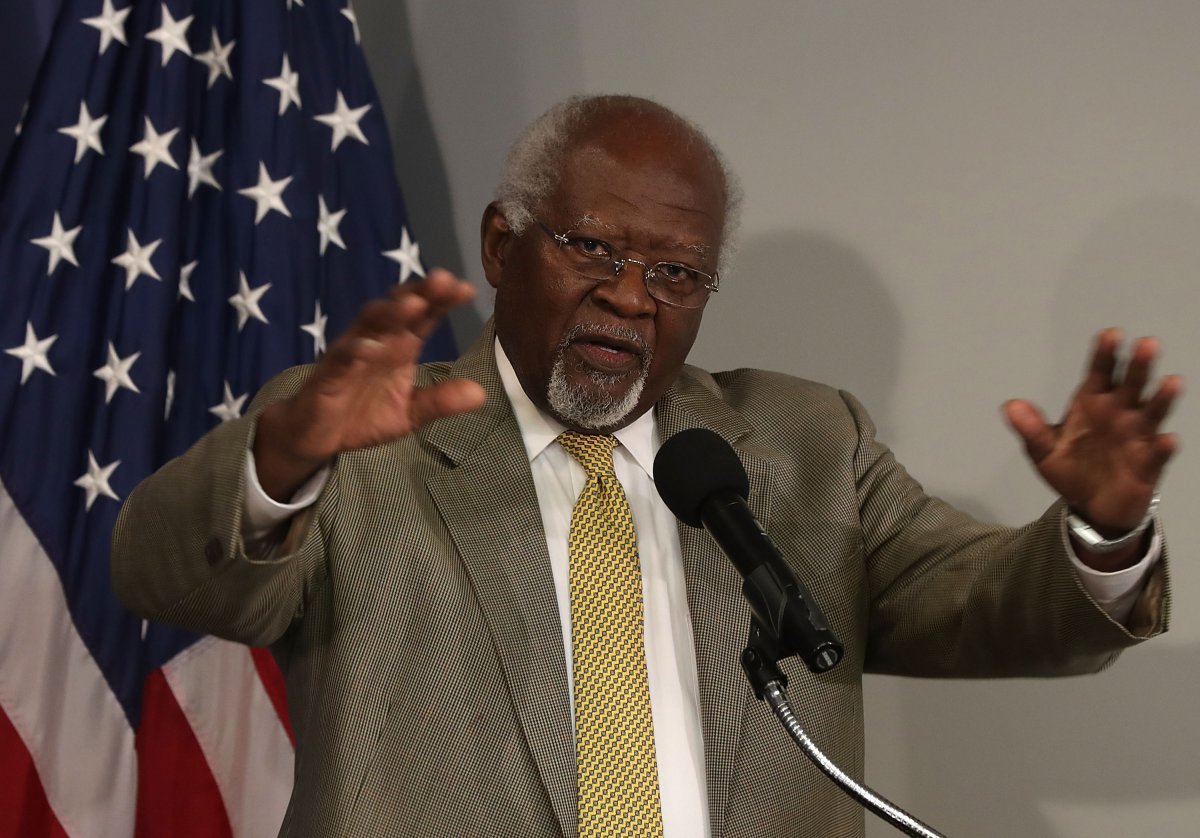
Nzinga Garvey, granddaughter of Marcus Garvey, told Newsweek that she has the following five initiatives to support her grandfather's exoneration:
- Framing the issue as a universal call for justice.
- Drawing parallels with current cases of wrongful convictions.
- Focus on family and community impact.
- Connecting to broader criminal justice reform efforts.
- Leveraging Marcus Garvey's vision for unity and empowerment
A spokesperson for the Office of the Pardon Attorney within the Department of Justice declined to comment to Newsweek about whether a pardon for Garvey is being considered in Biden's waning days in office.
Newsweek reached out to comment to the White House and Donald Trump's transition team. No response was received.
A decades-long endeavor
Efforts for a posthumous pardon go back decades, yet have been unsuccessful through multiple presidential administrations—including during the two terms of Barack Obama, the United States' first Black president. Biden, of course, was Obama's vice president.
In 1987, Democratic Representative John Conyers of Michigan, through his leadership within the House Judiciary Committee, held hearings on Garvey's exoneration. In 2004, New York Representative Charles Rangel introduced a series of similar resolutions.
On December 20, 2024, New York Representative Yvette Clarke—a member of the Congressional Black Caucus—and other lawmakers sent a letter to the Biden administration requesting exoneration, saying that doing so would "remove the shadow of an unjust conviction, and further your administration's promise to advance racial justice."
"What we're highlighting is really a universal call for justice," Clarke told Newsweek. "At the end of the day people of African descent, Black folks in America, have been subjected to a different standard of justice. And that standard has not been applied equally to all people.
"We believe that the historical injustices rectifying this should transcend race, it should focus on universal values of fairness, equity and accountability in the justice system. We're going to continue because this is something that's bigger than all of us. I would like to see Marcus Garvey exonerated in the lifetime of his son and his descendants."
Clarke, who is close with the Garvey family, has pushed for Garvey's exoneration since she entered Congress in 2007.
She noted that since presidents can only pardon but not exonerate, and considering Coolidge's commuting of Garvey's conviction, her goal and that of her congressional colleagues is "solely seeking exoneration."
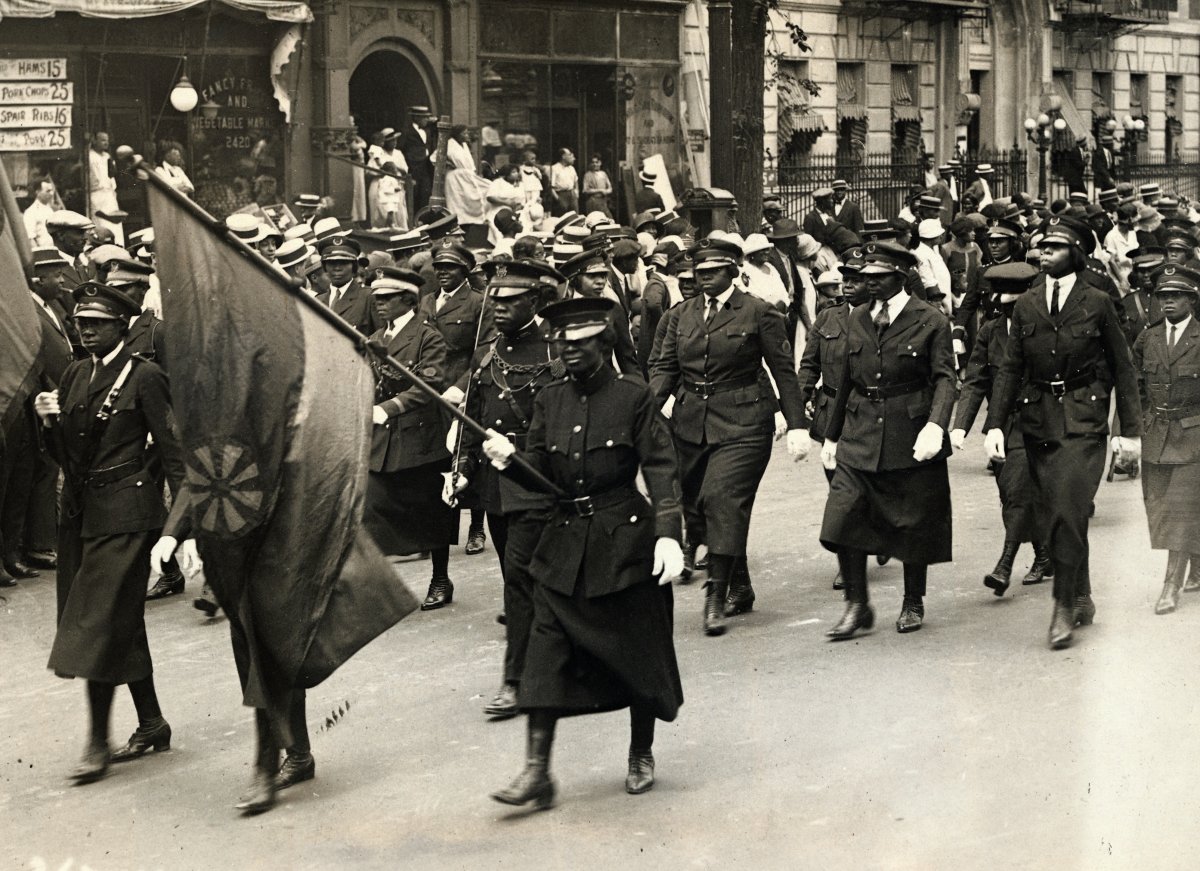
Garvey's story in the annals of U.S. history may not resonate as widely as other civil rights leaders, though Clarke said that his efforts paved the way for generations of Black Americans through organizing for common causes while putting into place a long-term economic and social framework that allowed individuals "to see themselves as sort of a greater part of of the human family."
"[Garvey's case is] emblematic of wrongful convictions and current cases," said the congresswoman. "In the United States, we have the Innocence Project and other organizations...to correct those injustices, and sentencing disparities and wrongful convictions disproportionately affect Black Americans. The exoneration of Marcus Garvey holds great weight and value in Black communities across this nation."
A conviction built on a 'lie'
Anthony Pierce, a partner at Washington D.C.-based Akin Gump, has acted on the firm's behalf as a pro bono representative for the Garvey family. For years he has advocated for the civil rights leader's exoneration, dating back to the George W. Bush administration and more intensely during the Obama years.
"Given President Biden's current approach to pardons and commutations of sentences, I think this was worth another effort to do before he left office," Pierce told Newsweek, referencing failed attempts during Biden's first three years in office.
"And I will tell you [that] if he doesn't do it, we will press the Trump administration as well because Marcus Garvey is most deserving of the pardon."
While Biden's pardoning of his son plays a role, Pierce acknowledged that pardons—and posthumous pardons, which are rarer—are routinely sought by administrations before officials leave office. Attempting again now is part of a "desire to get it done" before conversations with new administration officials.
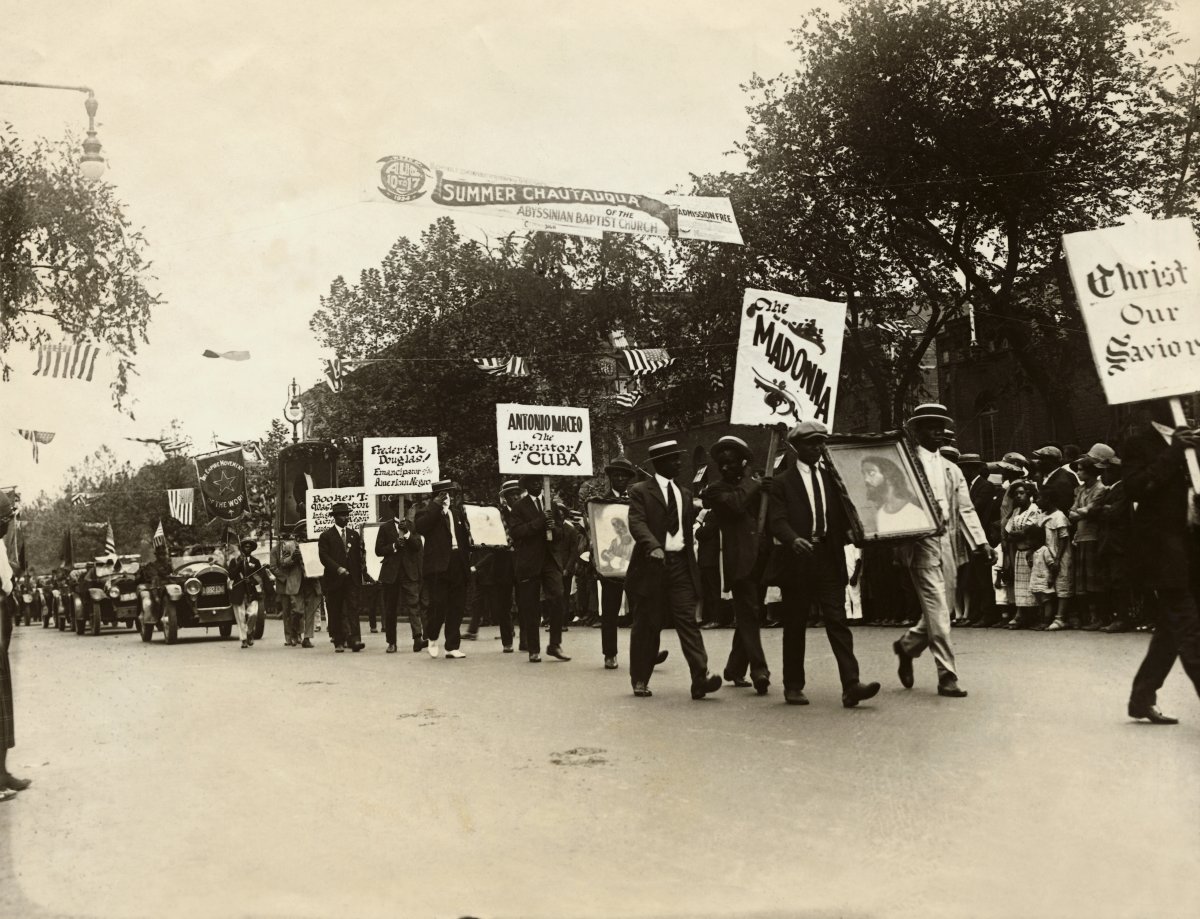
Trump himself has alluded to potentially pardoning some or all the January 6, 2021, participants.
"I think [Trump would] entertain it," Pierce said. "We got pretty close under the last Trump administration, as I understand it. Remember, Trump pardoned the first Black heavyweight champion of the world, Jack Johnson."
Justin Hansford, a Howard University law professor and executive director of its Thurgood Marshall Civil Rights Center, wrote a book about Garvey's conviction titled, Jailing a Rainbow: The Unjust Trial and Conviction of Marcus Garvey.
"He was convicted on this idea that his work was a fraud, that his work on behalf of African Americans was really just a Ponzi scheme to take advantage of them," Hansford told Newsweek.
In October 1919, then-FBI Director J. Edgar Hoover wrote a memo heeding caution of Garvey being "particularly active among the radical elements in New York City in agitating the negro movement."
"Unfortunately, however, he has not as yet violated any federal law whereby he could be proceeded against on the grounds of being an undesirable alien, from the point of view of deportation," Hoover wrote. "It occurs to me, however, from the attached clipping that there might be some proceeding against him for fraud in connection with his Black Star Line propaganda."
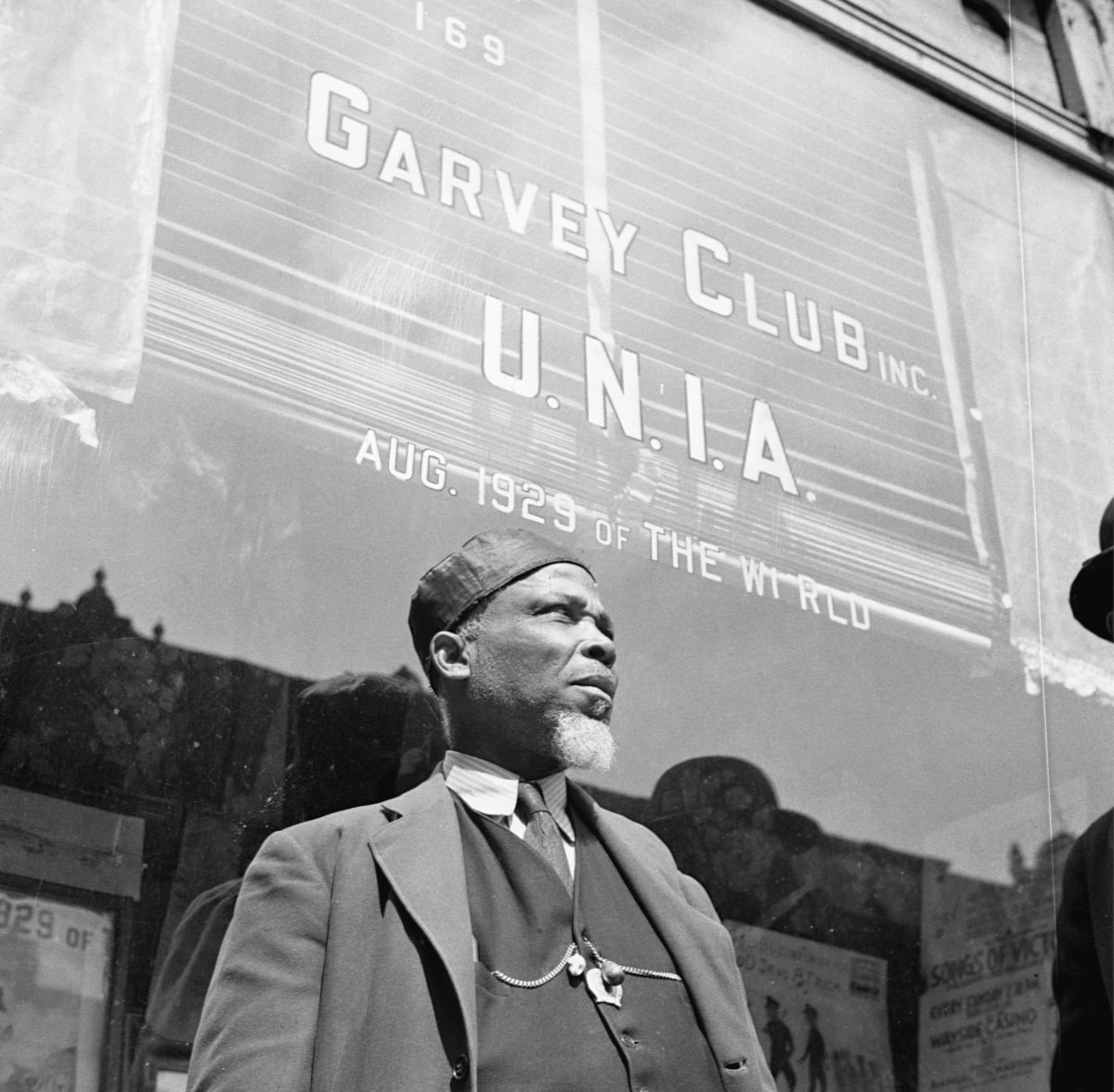
Hansford described how Garvey had a stroke in his final years. While in recovery word spread that he had died. He read obituaries referring to himself as a "fraud" due to his conviction, leading to a second stroke that ended his life.
"This false conviction, you can make the argument that this is part of what took his life in the first place—this lie about him," Hansford said. "It's a pretty profound lie and a profound wrong that was done to him and his family and his legacy."
Hansford added: "It goes beyond simply someone who wants to clear their name of something that was wrongfully attributed to them that has nothing to do with who they are as a person. This conviction goes straight to the core of his work and his legacy and who he was and what he stood for."
Julius Garvey said his father's achievements have been celebrated across different continents and cultures, calling those who downplay his father's societal impact "stupid and ignorant."
Marcus Garvey III, Julius' older brother, died in 2020 at age 90. But honoring their father's legacy is more than just providing closure for the family.
"It's a matter of African people moving forward in terms of their own identity, in terms of their own place in the world, in terms of understanding their own history, their own culture," Julius said. "That's one of the things my father allowed us to understand, that we're a global people. We have to take our role, our place, within the table of nations."
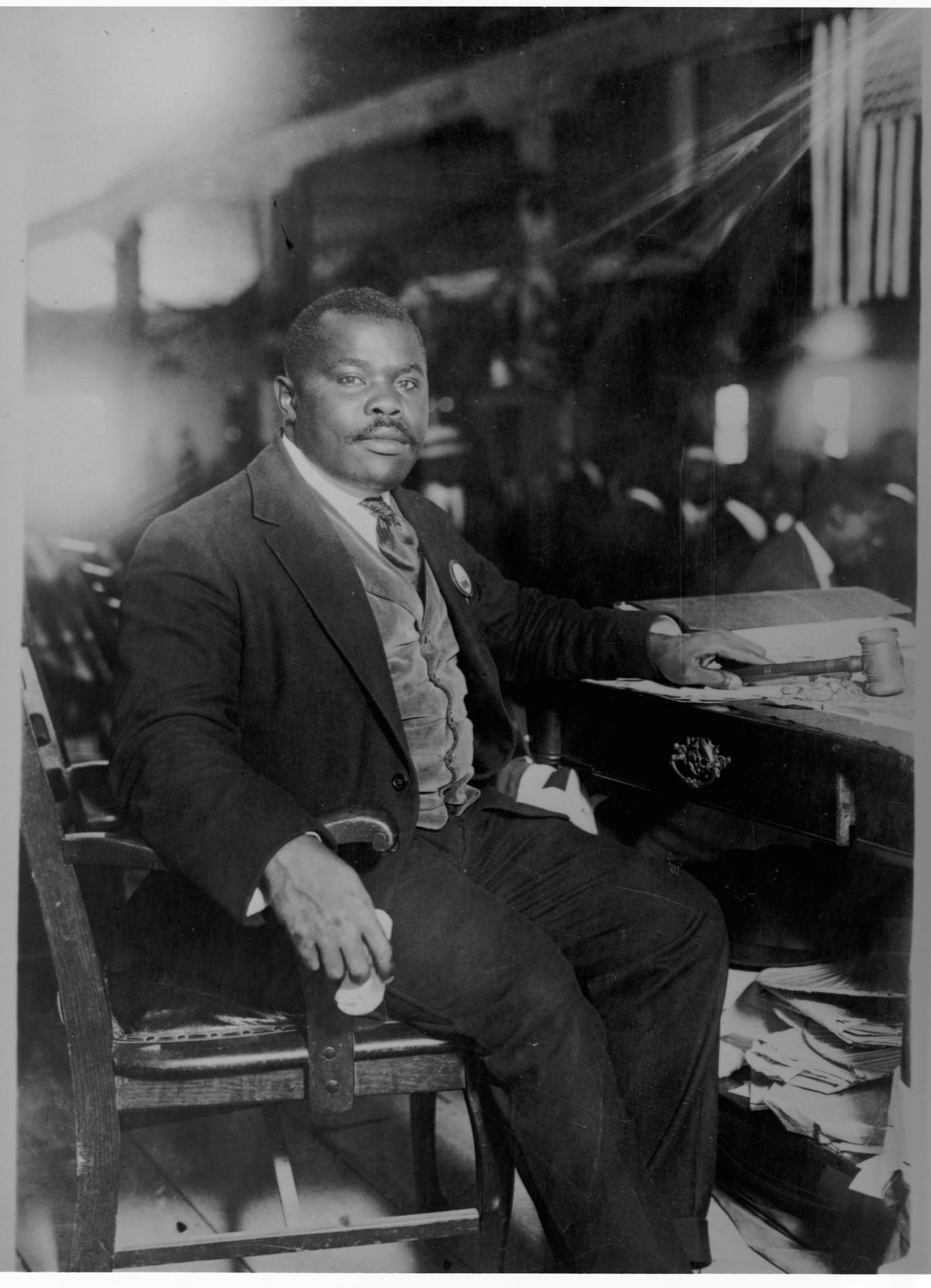
Asked what his father would think about the state of race relations today, Julius Garvey said he would appreciate the progress made while understanding "there's a long way to go."
"Things are improving but not fast enough, certainly for my purposes," he said. "I'm kind of at the end of my game, but I've seen progress all my life. These things take time, shall we say."
He added: "Nobody should give up but we just need to learn from history and keep pushing."











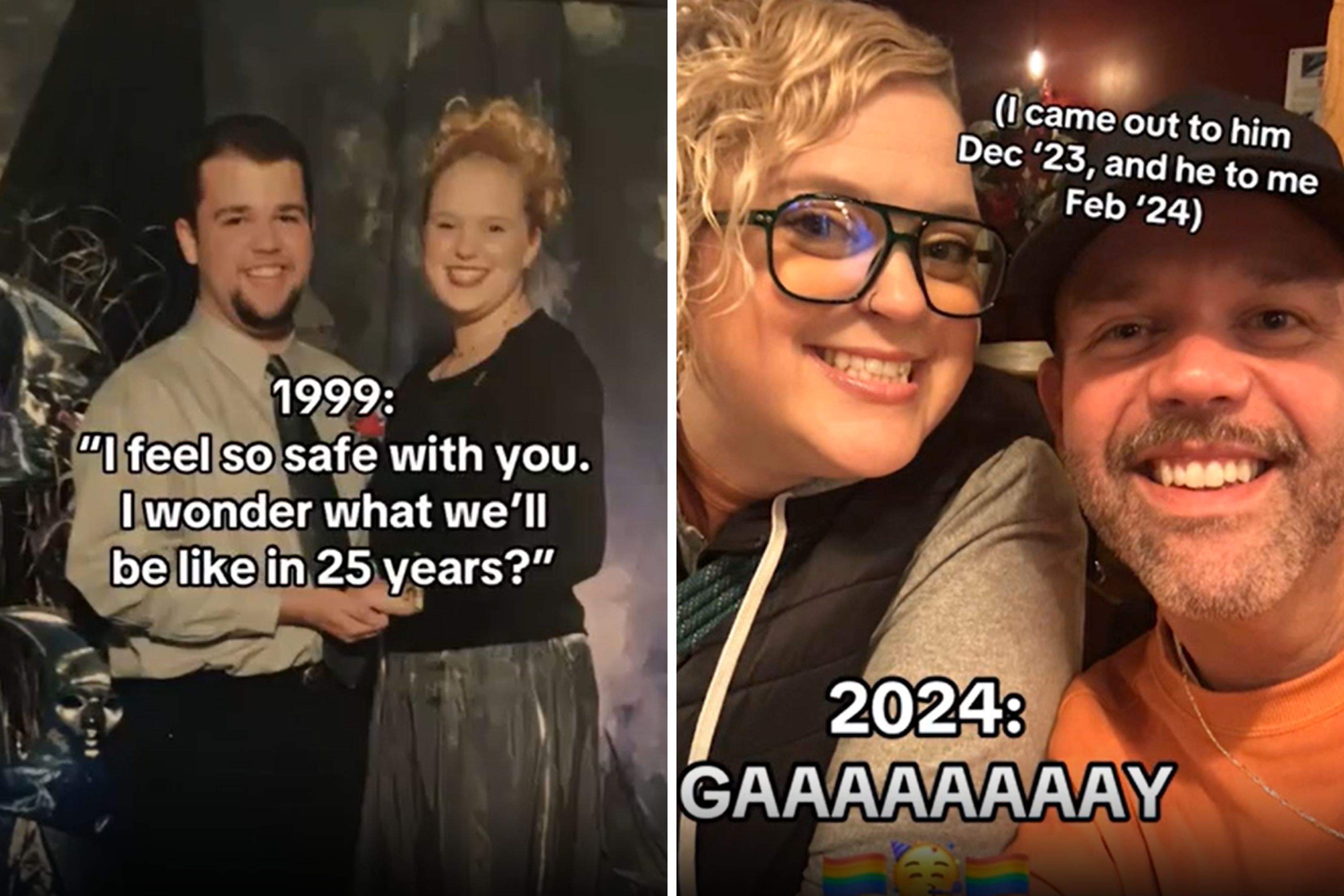








 English (US) ·
English (US) ·